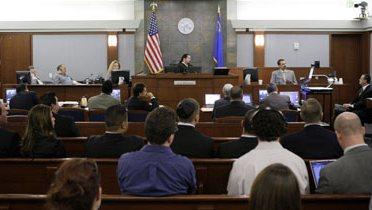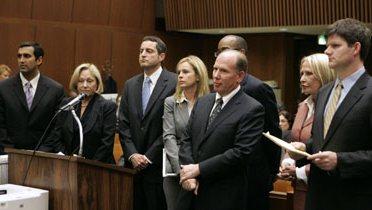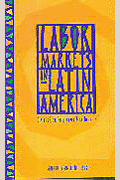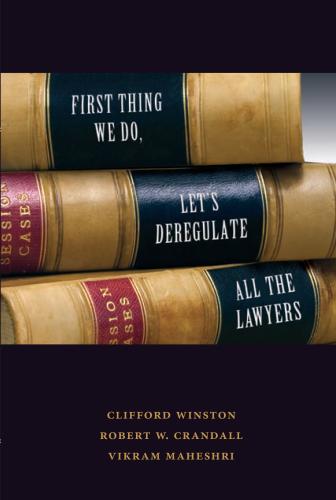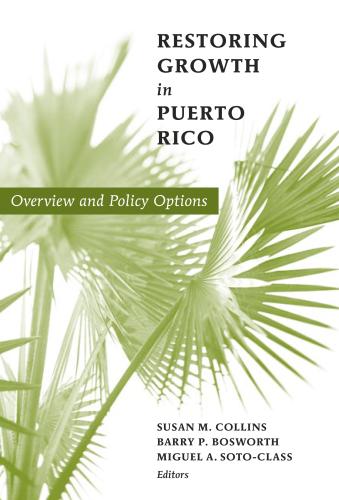States’ requirements that lawyers obtain a license to practice law, as well as American Bar Association (ABA) regulations of legal practice, constitute barriers to entry to the legal profession. Specifically, all but a handful of states require would-be lawyers to graduate from ABA-accredited law schools, and every state except Wisconsin requires them to pass a bar exam.[1]
Before the Great Recession, law schools rejected nearly half of all their applicants, and many capable individuals are either unwilling or unable to spend three years in law school and graduate with debts that can easily exceed $150,000.[2] Under ABA requirements, firms that sell legal services must be owned and managed by lawyers who are licensed to practice in the United States, meaning that corporations and foreign law firms cannot compete in this market.
According to many in the legal community, the entry barriers ensure a minimum standard of quality, which is necessary because consumers cannot distinguish between competent and incompetent lawyers. Meanwhile, the exclusion of corporations is justified on the ethical grounds that corporate entities have an incentive to represent their shareholders instead of their clients.
In this paper, we argue that, notwithstanding their intended function, entry barriers in legal services have created inefficiencies that parallel those generated by entry regulations of US network industries (i.e., transportation, communications, and energy). In particular, entry barriers limit competition and raise prices. In the long run, they compound those inefficiencies by impeding operations, innovation, and technological advance. Although network industry regulations were motivated by competitive concerns, rather than ethical considerations, we argue that eliminating entry barriers in legal services would generate benefits that are similar to those resulting from network industry deregulation.
Specifically, prices would fall as competition from incumbent firms and new entrants intensifies; in the long run, competitive forces and operating freedom would incentivize firms to produce innovations that significantly benefit consumers and the broader economy. In the case of network industries, deregulation gained support from experiments that previewed its likely effects.
Although some deregulatory experiments have begun in legal services, more are needed to showcase the potentially large gains from deregulation.
[1] California is the most notable state to have its own law school accreditation process. Wisconsin allows graduates of the state’s two major law schools to practice without taking a bar exam.
[2] Rejection rates among law school applicants fell as the job market for lawyers tightened after the recession.
The Brookings Institution is committed to quality, independence, and impact.
We are supported by a diverse array of funders. In line with our values and policies, each Brookings publication represents the sole views of its author(s).

